Who Is Not a Good Candidate For Ketamine Therapy
Who Is Not a Good Candidate For Ketamine Therapy: Understanding the Considerations
Ketamine therapy has emerged as a groundbreaking treatment for various mental health disorders and chronic pain syndromes that resist conventional therapies.Novel Mind & Wellness Center prioritizes creating a safe and comforting environment for our patients while offering customized treatment plans. Our approach involves the use of ketamine and IV vitamin treatments to address conditions such as depression, anxiety, PTSD, chronic pain syndromes, migraines, and more. However, it’s crucial to recognize that ketamine treatment may not be suitable for everyone. A thorough assessment by a qualified healthcare provider is essential to determine individual candidacy for ketamine therapy.
Conditions Impacting Ketamine Therapy Candidacy
1. History of Psychosis:
Individuals with a history of psychosis, such as schizophrenia or schizoaffective disorder, may not be suitable candidates for ketamine treatment. Ketamine’s hallucinogenic properties can potentially exacerbate psychotic symptoms.
2. Uncontrolled Hypertension:
Ketamine can temporarily increase blood pressure and heart rate. People with uncontrolled hypertension should undergo careful evaluation and monitoring, as ketamine could further elevate blood pressure.
3. Active Substance Use Disorder:
Due to the potential for misuse and addiction, individuals with a history of substance abuse or an active substance use disorder may not be appropriate candidates for ketamine therapy.
4. Active or Recent Manic or Hypomanic Episodes:
Ketamine treatment during an active manic or hypomanic episode in individuals with bipolar disorder can potentially worsen manic symptoms. Stabilizing mood before considering ketamine therapy is generally recommended.
5. Severe Medical Conditions:
Individuals with severe medical conditions, such as unstable heart disease, uncontrolled epilepsy, or severe liver or kidney dysfunction, may not be good candidates for ketamine treatment due to increased risk of complications.
6. Pregnancy:
The safety of ketamine during pregnancy is not well-established, and caution should be exercised when considering ketamine therapy for pregnant individuals.
7. Medication Interactions:
Some medications may interact with ketamine, potentially causing adverse reactions. Providing a comprehensive list of all medications, supplements, and herbs to the healthcare provider is crucial to assess potential interactions.
8. Allergic Reactions:
Individuals with known allergies to ketamine or related medications should not receive ketamine treatment.
9. Age and Developmental Considerations:
The use of ketamine in children and adolescents is less well-studied, and its safety and effectiveness in this age group are not as established as in adults.
10. Individual Assessment:
Ultimately, the decision to administer ketamine should be based on an individual’s unique medical history, current condition, and treatment goals. A qualified healthcare provider should conduct a comprehensive evaluation to determine suitability for ketamine therapy.
Ensuring Safe and Effective Ketamine Therapy
Ketamine treatment should always be administered by trained medical professionals in a controlled clinical setting. Our healthcare providers carefully weigh the potential benefits against the risks and consider the individual’s specific circumstances before recommending ketamine therapy.
If you are experiencing symptoms that may benefit from ketamine therapy, we encourage you to reach out to Novel Mind & Wellness Center. Contact us for more information and to schedule a consultation to determine if ketamine infusions are a suitable treatment option for you. Your mental health and well-being are our top priorities, and we are here to support you on your journey to recovery.



